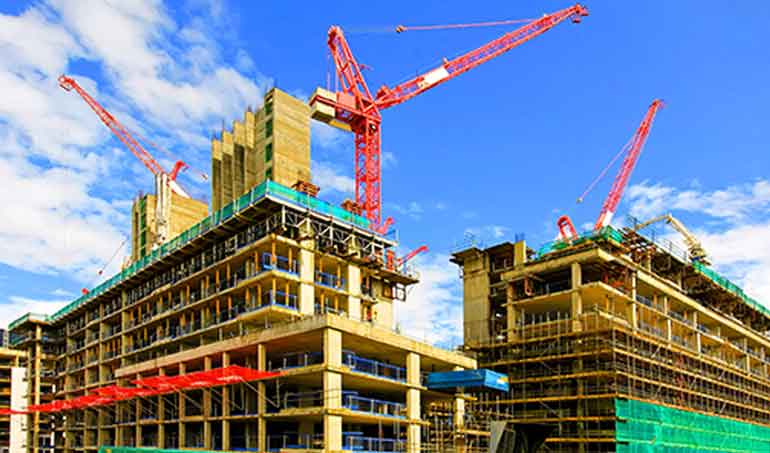Sunday Feb 22, 2026
Sunday Feb 22, 2026
Tuesday, 8 July 2025 00:52 - - {{hitsCtrl.values.hits}}

To become a true investment hub, Sri Lanka must act quickly to restore institutional credibility, revive key sectors like construction, and signal long-term investment stability
In recent months, a striking pattern has emerged at regional investor forums in places like Singapore, New Delhi, and Bangkok: Sri Lanka is consistently on the radar—but often for the wrong reasons. While foreign investors speak warmly about the country’s natural beauty, resilient people, and strategic location, many also voice deep concerns about how difficult and risky it is to do business in Sri Lanka.
This isn’t an old story—these are fresh observations, shared by participants in 2024–2025 investment dialogues and economic revival panels across Asia. The Sri Lankan diaspora, development banks, venture capital firms, and infrastructure investors all echo the same refrain: “We want to invest in Sri Lanka—but we can’t, not under current conditions.”
 Reasons for investor reluctance
Reasons for investor reluctance
1.Approval/decision-making issues, delays, outdated regulations and red tape
Sri Lanka still operates under a maze of outdated regulations, slow approvals, and inflexible contracts. Foreign companies struggle to navigate licensing procedures, tax rules, and construction permits. An Indian manufacturing group recently pulled out of a joint venture, citing: “Three months to get a basic environmental clearance. Compare that to one week in Gujarat.”
Despite digital advancements elsewhere, Sri Lanka’s permitting and project management remain trapped in slow, paper-based systems.
2.A collapsing construction
industry
Sri Lanka’s once-thriving construction sector—accounting for up to 9% of GDP—has shrunk below 2% due to COVID shocks, inflation, etc. This is a major deterrent for investors who rely on a strong local partner network to deliver infrastructure and real estate projects.
While these challenges are significant, there is an important positive for investors. Construction costs in Sri Lanka have reduced considerably. This drop in costs presents an attractive opportunity for investors to undertake large-scale infrastructure and real estate projects at a lower cost than before the crisis.
3.Ongoing economic and political uncertainty
The volatile currency, frequent policy changes, and lack of clear political consensus on long-term economic reforms are red flags. At a recent investor roundtable in Singapore, an infrastructure fund manager stated: “We love Sri Lanka. But right now, we can’t explain the risk to our board—not when policies change every six months.”
The shadow of sovereign default still lingers, and credit ratings remain low, making capital inflows difficult and expensive.
4.Taxation issues
Taxation in Sri Lanka is another critical concern for investors. While the Government has attempted to streamline the tax system, it remains complex, with high tax rates and frequent changes in tax policy. The lack of a clear tax incentive framework to support foreign investment in long-term projects makes Sri Lanka less competitive compared to regional neighbours offering more attractive tax holidays and rebates.
5.Bribery and corruption
Although the Government has done much to resolve corruption in Sri Lanka, still it exists within institutions. This culture of corruption severely damages Sri Lanka’s reputation as a transparent investment destination, deterring investors who prioritise ethical business practices and rule of law. (World Bank, 2024)
But the world still wants to invest in Sri Lanka
From Singaporean hotel chains to Japanese transport investors to European green energy funds, there is real appetite to come to Sri Lanka. Why?
As one delegate from an ASEAN investment council said: “Sri Lanka is a sleeping giant. If they fix the basics, we’ll be there tomorrow.”
Sri Lanka can win—if it acts
This conversation is no longer theoretical. Investors in 2024 and 2025 are watching closely. The world sees Sri Lanka’s immense promise, but is held back by practical barriers.
To become a true investment hub, Sri Lanka must act quickly to restore institutional credibility, revive key sectors like construction, and signal long-term investment stability. If it does, it can re-emerge—not as a cautionary tale—but as a comeback story the region can rally behind.
(The writer is President, Ceylon Institute of Builders.)